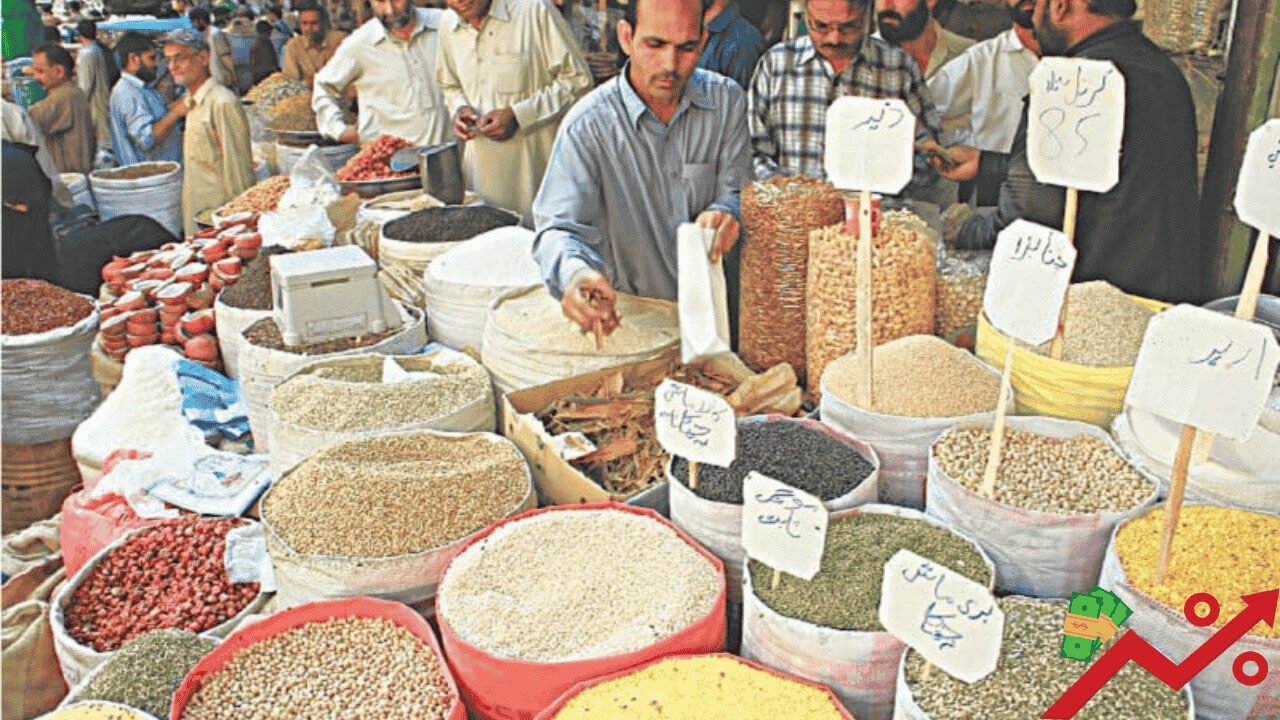By Ahmed Khan
In Sindh, the price control system, which is supposed to regulate the cost of everyday items, is struggling a lot to keep prices in check.
Despite laws, committees, and monitoring efforts, consumers complain they continue to face high prices and unfair practices of the traders and shopkeepers.
Experts and citizens are now stressing the need for a complete overhaul of the system to make it more effective and transparent.
Current Price Regulation in Sindh
The two main laws—the Sindh Consumer Protection Act, 2014 and the Sindh Essential Commodities Price Control and Prevention of Profiteering and Hoarding Act, 2005– are the driving force behind the price control system in Sindh.
Following these two laws, the shopkeepers have to display official price lists and sell goods at the government-approved rates. However, most of the people often ignored these rules in markets across Karachi, Hyderabad, Sukkur, and other parts of Sindh.
It has been observed that in many grocery and fruit shops, the mandatory price lists are not displayed, and despite consumers’ requests, the official price lists are often missing.
Even when they are visible, many retailers charge much more than what the government has set.
Consumers have raised concerns about the rare inspections and the lack of action when complaints are made.
Government’s Response: Price Monitoring Committees
To tackle the problem, the Sindh government has set up district price monitoring committees, headed by commissioners and deputy commissioners, to conduct surprise inspections and punish those who break the rules.
During busy seasons like Ramadan, the government organizes “Bachat Bazaars” to offer essential goods at controlled prices.
Despite these efforts, the enforcement of these rules remains weak. Shopkeepers continue to ignore government-issued price lists, and the inspectors lack enough staff and power to take real action.
Additionally, consumer courts and complaint councils, which are part of the Consumer Protection Act, are not functioning properly due to limited resources and low public awareness.
Challenges in Enforcing Price Control
While the Bureau of Supply and Prices regularly updates price lists, ensuring that all shops comply is still a huge challenge. Small fines are usually given to violators, but they rarely discourage them from overcharging customers.
Calls for Reform and Stronger Enforcement
Experts, including consumer rights advocates and economists, are now urging for major changes to the current system.
Mustafa Mahmood, Secretary of the Karachi Consumers Protection Forum, is in favour of giving inspectors more power to fix the profiteers and hoarders. He believes that all inspectors should be able to issue fine tickets or close down shops on the spot.
Besides, he said the government must start using digital tools like mobile apps, which would allow citizens to report overpricing immediately.
He also proposed harsher penalties for repeat offenders and hoarders and suggested that inspections should happen year-round, rather than just during busy seasons.
Public awareness campaigns, he added, would help citizens recognize official prices and file complaints more effectively.
The Need for Better Coordination and Consistency
Nadeem Memon, an economic analyst, stressed the importance of better coordination between the Bureau of Supply and Prices, district administrations, and consumer courts.
He pointed out that although the laws are in place, their weak enforcement leaves consumers unprotected.
Memon also argued that the price control system in Sindh, while well-intentioned, has so far failed to shield consumers from unfair pricing.
He said, “The laws exist, but implementation remains weak. Unless monitoring is modernized, fines are increased, and inspections become consistent, citizens will continue to suffer from unchecked overpricing across the province.”
The Path Forward
Sindh’s price control laws aim to protect consumers, their weak enforcement means that many retailers continue to charge unfair prices. To fix the system, experts are calling for better monitoring, more effective penalties, and increased public awareness. Without these changes, the fight against overpricing will remain an uphill battle.
Author Profile






